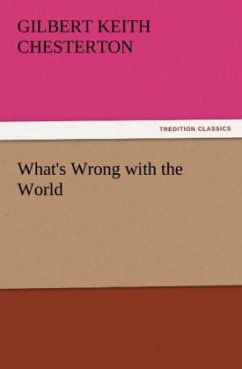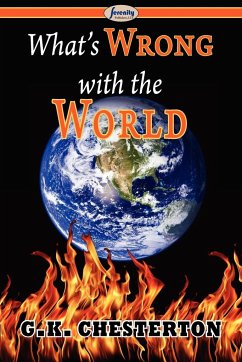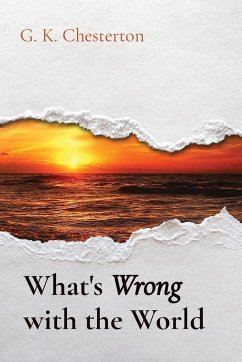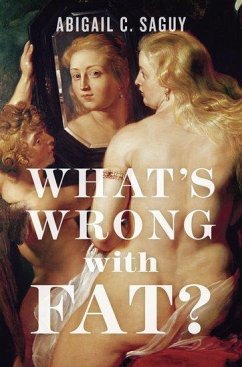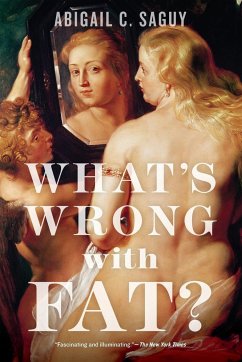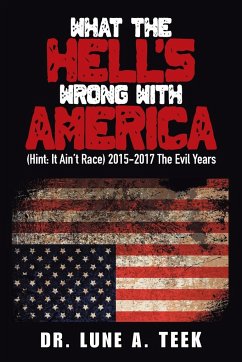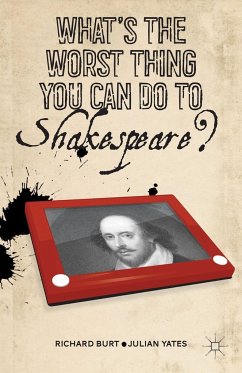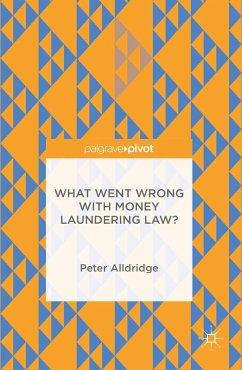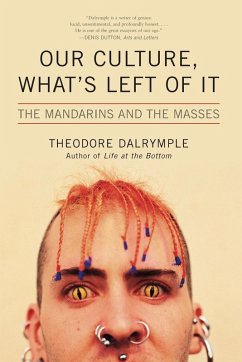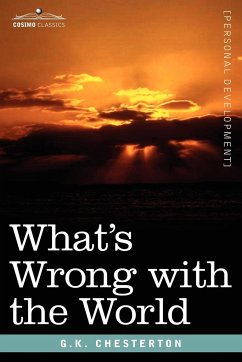
What's Wrong with the World
Versandkostenfrei!
Versandfertig in 1-2 Wochen
20,99 €
inkl. MwSt.

PAYBACK Punkte
10 °P sammeln!
British writer GILBERT KEITH CHESTERTON (1874-1936) expounded prolifically about his wide-ranging philosophies-he is impossible to categorize as "liberal" or "conservative," for instance-across a wide variety of avenues: he was a literary critic, historian, playwright, novelist, columnist, and poet. This 1910 book is a unified work about all the broad array of worries that trouble the world, but it can be read in essaylike chunks. Discovering Chesterton's inimitable take on: . Wanted, an Unpractical Man . The Free Family . The Wildness of Domesticity . Oppression by Optimism . Wisdom and the W...
British writer GILBERT KEITH CHESTERTON (1874-1936) expounded prolifically about his wide-ranging philosophies-he is impossible to categorize as "liberal" or "conservative," for instance-across a wide variety of avenues: he was a literary critic, historian, playwright, novelist, columnist, and poet. This 1910 book is a unified work about all the broad array of worries that trouble the world, but it can be read in essaylike chunks. Discovering Chesterton's inimitable take on: . Wanted, an Unpractical Man . The Free Family . The Wildness of Domesticity . Oppression by Optimism . Wisdom and the Weather . The Unmilitary Suffragette . The Romance of Thrift . The Higher Anarchy . The Truth About Education . The Need for Narrowness . The Staleness of the New Schools . The Empire of the Insect An excellent introduction to the world of G.K. Chesteton, this is a volume as pertinent today as it was a century ago.



